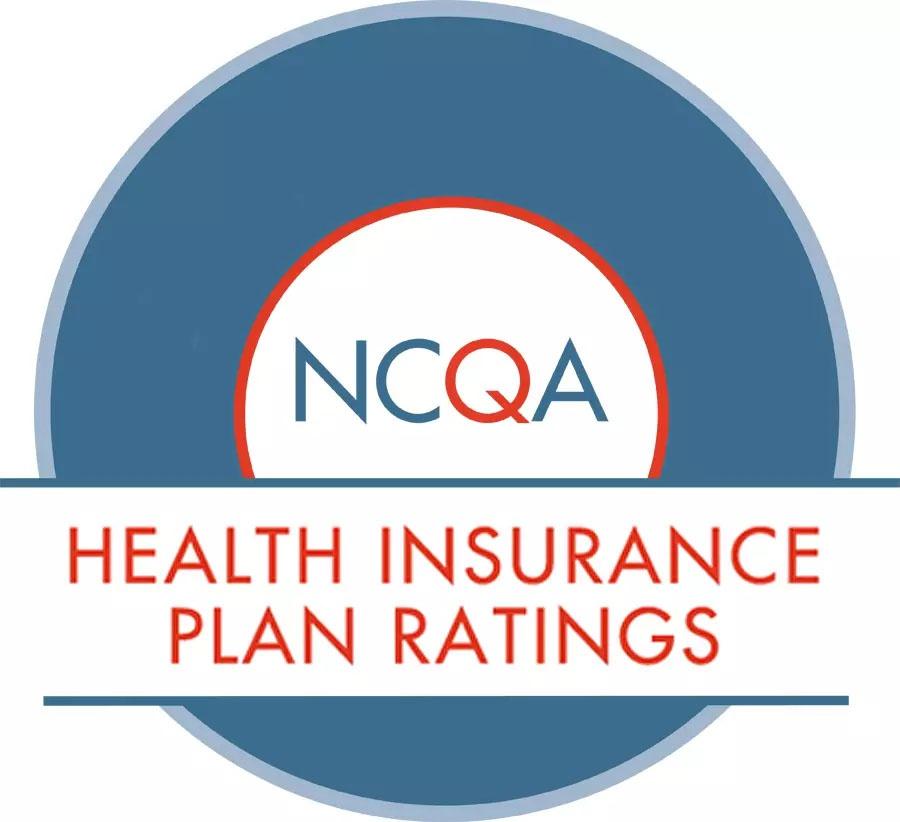NCQA annual health insurance plan ratings
Americans aren’t feeling great about health insurance in this country, with nearly seven in ten (68%) rating health coverage in the United States as fair or poor in Gallup’s most recent Health and Healthcare poll.
New data released from the National Committee for Quality Assurance (NCQA) may support this gloomy perspective, despite some signs of improvement in health plan quality.
In NCQA’s 2023 Health Plan Ratings, just two health plans out of that nearly 1,100 that reported data earned the top rating of 5 stars. As dismal as that may sound, it’s actually double the number of commercial plans that did as well in last year’s ratings.
Health plans can earn between 0 to 5 stars, with 5 stars representing the highest quality. NCQA rates commercial, Medicare, and Medicaid health plans and incorporates nearly 50 measures of healthcare quality, patient outcomes, and patient experience. The latest ratings are based on 2022 data for 215 million enrollees.
The one commercial health plan that earned 5 stars last year, Kaiser Foundation Health Plan of the Mid-Atlantic States, did so again this year.
The second 5-star plan this year, Independent Health Association based in New York, improved from 4.5 stars last year.
According to Andy Reynolds, assistant vice president of external relations at NCQA, they ascended to 5 stars this year primarily by improving their patient experience results. For example, members gave the plan 5 stars for measures such as how easy it is to get needed care, how well primary care doctors coordinate with other providers, and overall satisfaction with the health plan’s service.
These two insurers only earned 5 stars for their commercial plans. No Medicare or Medicaid plans earned 5 stars this year.
Last year, six plans earned top scores across commercial, Medicare, and Medicaid segments. Kaiser Foundation Health Plan of the Mid-Atlantic States had previously earned 5 stars across all three insurance segments.
Among lower-performing plans, two plans earned just 1.5 stars—the lowest rating recorded this year—and 12 plans earned 2 stars. Last year, 11 plans earned 2 stars and none did worse than that.
Overall, the results are not all bad. Among Medicaid plans, which serve people who qualify for the public health insurance program designed for lower-income people and people with disabilities, the number of plans that earned 4 and 4.5 stars increased by nearly 6%. Out of 285 Medicaid plans included in the ratings, 54 (19%) earned 4 or 4.5 stars and only three scored 1.5 or 2 stars.
For Medicaid plans to score higher, though, Reynolds said they will need to improve care for chronic conditions.
“Measures of treatment for diabetes, blood pressure and heart disease are where Medicaid plans’ quality results are weakest, compared to other measures in our Ratings methodology,” he said.
The commercial and Medicare segments generally performed better than Medicaid. More than one-quarter (27%) of the 591 commercial plans scored 4 stars or higher, and just two scored 1.5 or 2 stars.
Among the 674 Medicare plans included in this year’s ratings, 151 (22%) scored 4 or 4.5 stars, but none earned 5 stars. Eleven Medicare plans scored 2 stars, the lowest rating in this segment.
Consumers may not realize how much health plan quality can vary, Reynolds said.
“Unlike, for example, gasoline, health insurance is not a commodity,” he said. “One health plan is not necessarily just like another.”
But not all consumers have a choice of plans; according to KFF, 75% of companies that offer employee health benefits offer just one type of plan.
On the other hand, another KFF analysis shows that Medicare enrollees have an average of 43 Medicare Advantage options. Some Medicare beneficiaries can choose from among 75 plans or more and just 1% of beneficiaries have only three or fewer plan options.
For consumers who have a choice, Reynolds encourages them to use their health plan selection to drive quality.
“Quality is a business issue for health plans, meaning it’s in plans’ financial interest to deliver good care and keep getting better,” he said. “People who buy and use health insurance are who hold plans accountable, by enrolling in plans that deliver quality care.”
Consumers can check the NCQA’s website to see how their health plan—or the plans they are considering—stack up. But don’t just look at the overall rating. Dig into the specific measures you care most about, such as whether people with certain conditions get recommended screening and treatment, or how satisfied the plan’s members with the plan itself.


